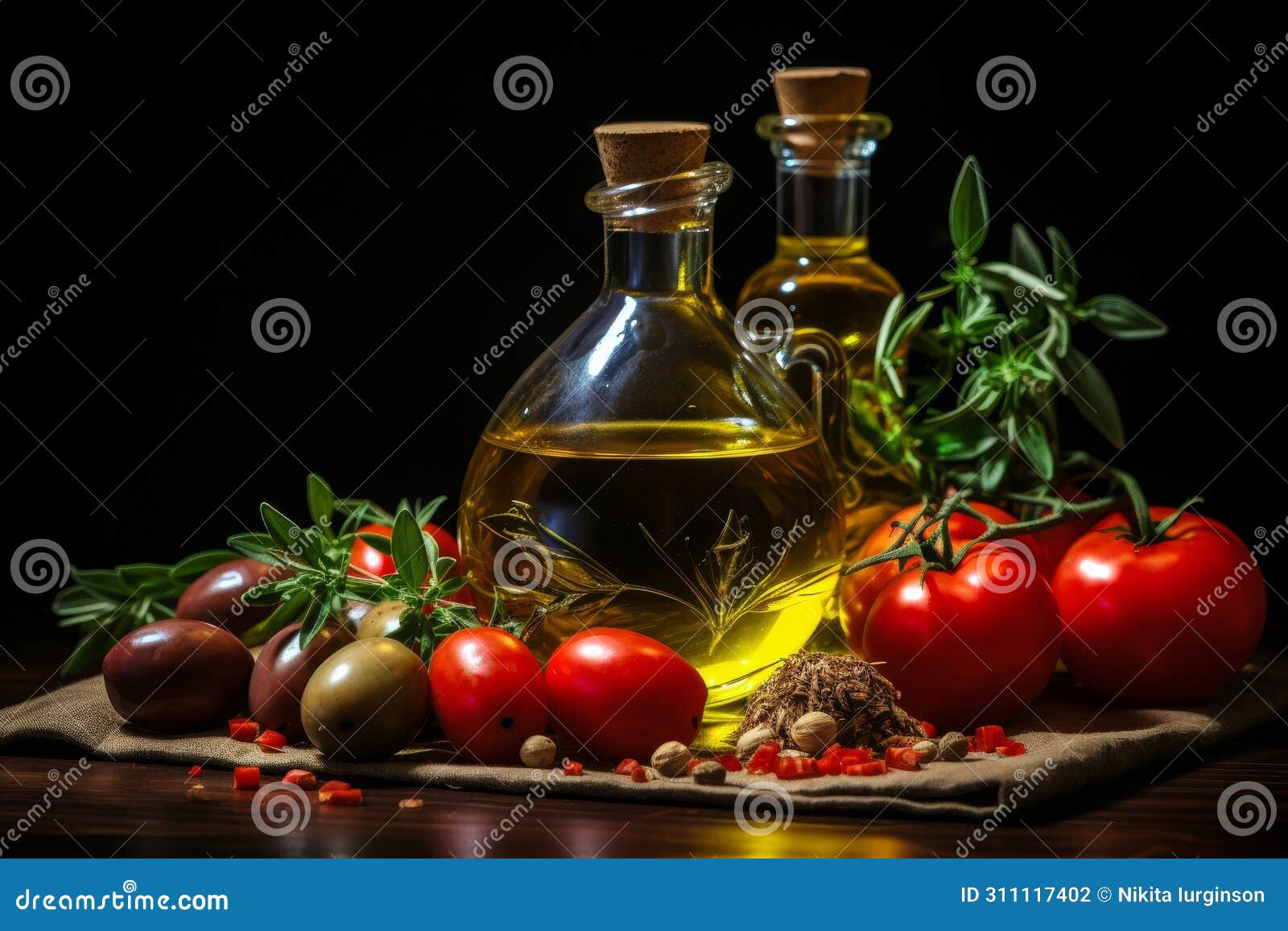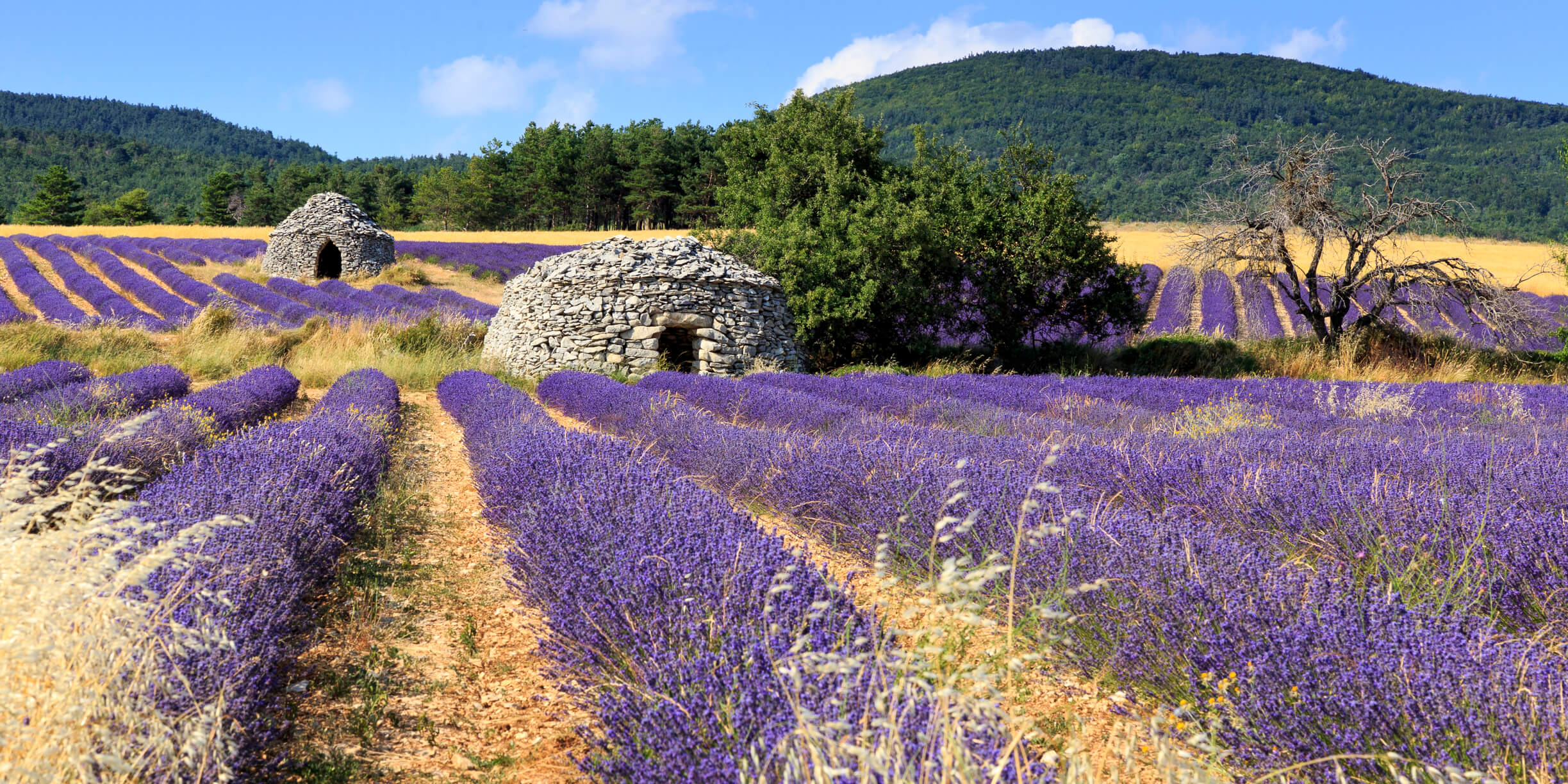What can be the ultimate joy when we get to travel around the world with a renowned culinary expert? Yes, Jean-Luc Petitrenaud: A Culinary Journey Of French Traditions And Flavors offers you that unique opportunity to travel and savor the cultural heritage, history and culinary traditions of France.
Editor's Notes: Jean-Luc Petitrenaud: A Culinary Journey Of French Traditions And Flavors have published today date. We all know the importance of French cuisine in global cuisine. This emphasis on lavish feasts and delectable flavors has made French cuisine one of the most famous cuisines globally. Jean-Luc Petitrenaud provides us with an opportunity to understand this cuisine more deeply.
Our team has analyzed, dug information and put together this guide to help you make the right decision.
Key differences or Key takeways:
| Jean-Luc Petitrenaud: A Culinary Journey Of French Traditions And Flavors | |
|---|---|
| What is it? | A comprehensive guide to French culinary traditions and flavors, hosted by renowned culinary expert Jean-Luc Petitrenaud. |
| What does it offer? | An immersive journey into the history, culture, and flavors of French cuisine, featuring visits to local markets, cooking demonstrations, and interviews with chefs and food producers. |
| Who is it for? | Food lovers, travelers, and anyone interested in learning more about French cuisine. |
Transition to main article topics:
FAQ
This FAQ section addresses commonly asked questions and provides relevant information to enhance the reader's understanding of French cuisine traditions and flavors presented in "Jean-Luc Petitrenaud: A Culinary Journey Of French Traditions And Flavors".
Question 1: What is the significance of "terroir" in French cuisine?
The concept of "terroir" is a fundamental aspect of French cuisine. It encompasses the unique characteristics of a region that influence the flavors, textures, and aromas of the ingredients grown and raised there. Factors such as soil composition, climate, and agricultural practices contribute to the distinct identity of regional cuisines.
Question 2: How has globalization impacted French cuisine?
While French cuisine remains deeply rooted in its traditions, globalization has introduced new ingredients, techniques, and influences. Chefs have embraced international flavors and experimented with fusion dishes, creating innovative interpretations of classic recipes.
Question 3: What is the importance of seasonality in French cooking?
Seasonality is highly valued in French cuisine. Chefs strive to use fresh, locally sourced ingredients that are at their peak of flavor. The changing seasons dictate the availability of produce, which inspires chefs to create seasonal menus that showcase the best that nature has to offer.
Question 4: What are the key characteristics of French pastry?
French pastry is renowned for its delicate flavors, intricate techniques, and beautiful presentation. It encompasses a wide variety of pastries, from croissants and éclairs to macarons and mille-feuilles, each with its own unique texture and flavor profile.
Question 5: What is the role of wine in French cuisine?
Wine plays a significant role in French culture and gastronomy. It is not only a beverage enjoyed with meals but also an ingredient used in cooking. Chefs incorporate wine into sauces, marinades, and even desserts, adding depth of flavor and complexity to dishes.
Question 6: How can I incorporate French cuisine techniques into my home cooking?
Home cooks can incorporate French cuisine techniques into their cooking by mastering basic skills such as searing, braising, and making sauces. Experimenting with different ingredients and flavor combinations can also bring a touch of French flair to everyday meals.
In conclusion, these FAQs provide valuable insights into the nuances and traditions of French cuisine, helping to appreciate its complexities and richness.
Transition to the next article section: Explore further into the captivating world of French cuisine with its rich history, culinary techniques, and captivating flavors.
Tips
Jean-Luc Petitrenaud's culinary journey through French traditions and flavors offers invaluable insights and expertise for those seeking to deepen their understanding of French cuisine. Delve into Petitrenaud's world to broaden your culinary knowledge and enhance your appreciation for the nuances and complexities of French gastronomy.
Tip 1: Prioritize Fresh, Seasonal Ingredients
French cuisine is renowned for its emphasis on fresh, seasonal produce. Embrace this principle by incorporating locally sourced, seasonal ingredients into your dishes to elevate their flavor and authenticity.
Tip 2: Master the Art of Sauces
Sauces are the foundation of many classic French dishes. Develop your skills in creating flavorful sauces, such as béchamel, velouté, and hollandaise, to transform your culinary creations.
Tip 3: Respect the Importance of Technique
French cooking techniques are meticulous and precise. Learn the proper techniques for sautéing, braising, and roasting to ensure your dishes achieve optimal flavor and texture.
Tip 4: Experiment with Regional Specialties
Jean-Luc Petitrenaud: A Culinary Journey Of French Traditions And Flavors showcases the diverse regional cuisines of France. Explore and embrace these regional specialties to expand your palate and discover the unique flavors of different parts of the country.
Tip 5: Pay Attention to Presentation
French cuisine places great importance on presentation. Arrange your dishes thoughtfully, using garnishes and sauces to create visually appealing and appetizing creations.
Jean-Luc Petitrenaud: A Culinary Journey Of French Traditions And Flavors
Jean-Luc Petitrenaud, a renowned culinary expert, embarks on an exploration of the rich tapestry of French gastronomic traditions and flavors. His journey unveils the essence of French cuisine, emphasizing its cultural significance, regional diversity, and unwavering commitment to culinary excellence.
- Culinary Expertise: Petitrenaud's deep understanding and mastery of French cuisine.
- Regional Focus: The diverse flavors and specialties of France's various regions.
- Traditional Recipes: The preservation and celebration of classic French dishes.
- Cultural Ambassador: Petitrenaud's role in promoting French culinary heritage.
- Culinary Education: His efforts in educating and inspiring aspiring chefs.
- Artisanal Producers: The spotlight on local producers and their contributions to French gastronomy.
Petitrenaud's journey showcases the vibrant interplay of tradition and innovation in French cuisine. Through his exploration of regional specialties, such as the bouillabaisse of Marseille or the cassoulet of Toulouse, he highlights the deep-rooted culinary heritage of different parts of France. Moreover, his interactions with artisanal producers provide insights into the dedication and passion that fuel the French food industry. Petitrenaud's work serves as a testament to the enduring legacy of French gastronomy, its ability to adapt and evolve, and its profound cultural significance.

Exploring World Flavors A Culinary Journey Through Global Cuisine And - Source cartoondealer.com
Image: Jean-Luc Petitrenaud exploring the flavors of France
Jean-Luc Petitrenaud: A Culinary Journey Of French Traditions And Flavors
This book by Jean-Luc Petitrenaud is a fascinating exploration of French culinary traditions and flavors. It serves as a comprehensive guide to the diverse regional cuisines of France, delving into the history, culture, and techniques that have shaped them. The book is a valuable resource for both culinary enthusiasts and those seeking a deeper understanding of French culture.

A Culinary Journey in the Heart of Provence – Add a little French to - Source www.frenchmoods.com
Petitrenaud, a renowned French chef and culinary expert, takes readers on a journey through the country's rich culinary landscape. The book is organized by region, with each chapter focusing on a specific area of France. Petitrenaud provides detailed descriptions of local specialties, traditional recipes, and the cultural influences that have shaped each region's cuisine.
One of the key strengths of the book is its focus on the connection between French cuisine and tradition. Petitrenaud explores the historical and cultural factors that have influenced the development of French dishes, from the country's geography and climate to its political and social history. This provides readers with a deeper understanding of why French food is so diverse and flavorful.
In addition to its comprehensive coverage of regional cuisines, the book also includes practical tips and advice for cooking French food at home. Petitrenaud provides step-by-step instructions for preparing classic dishes, as well as suggestions for pairing wines with food. The book also includes a glossary of French culinary terms, making it accessible to readers of all levels.
Overall, "Jean-Luc Petitrenaud: A Culinary Journey Of French Traditions And Flavors" is a valuable and informative resource for anyone interested in French cuisine. It provides a comprehensive overview of the country's diverse culinary landscape, explores the connections between food and tradition, and offers practical advice for cooking French food at home.